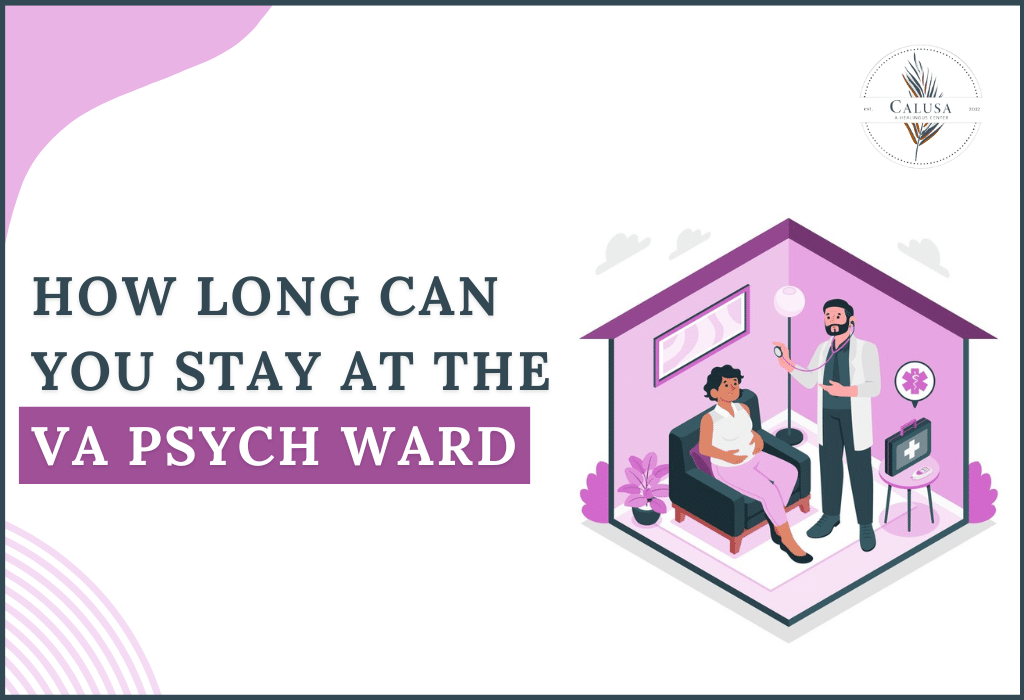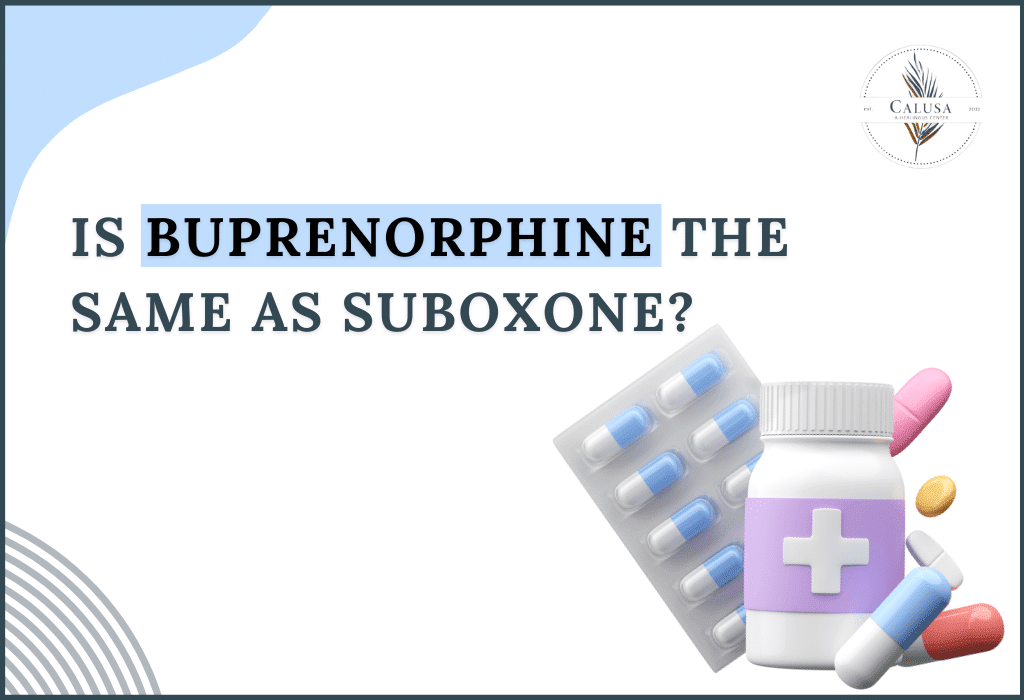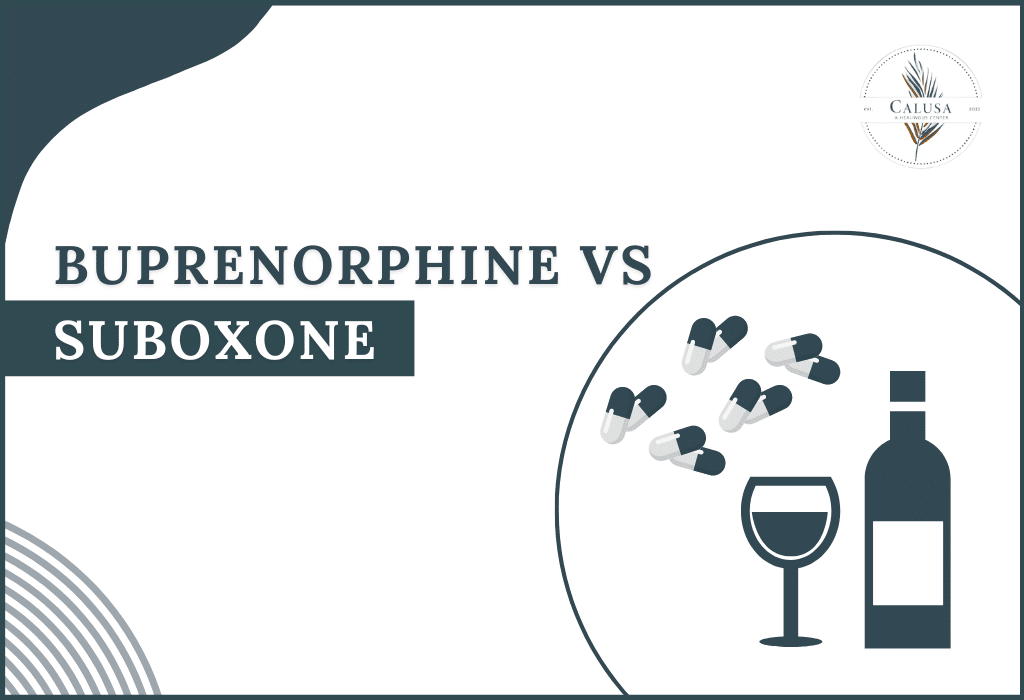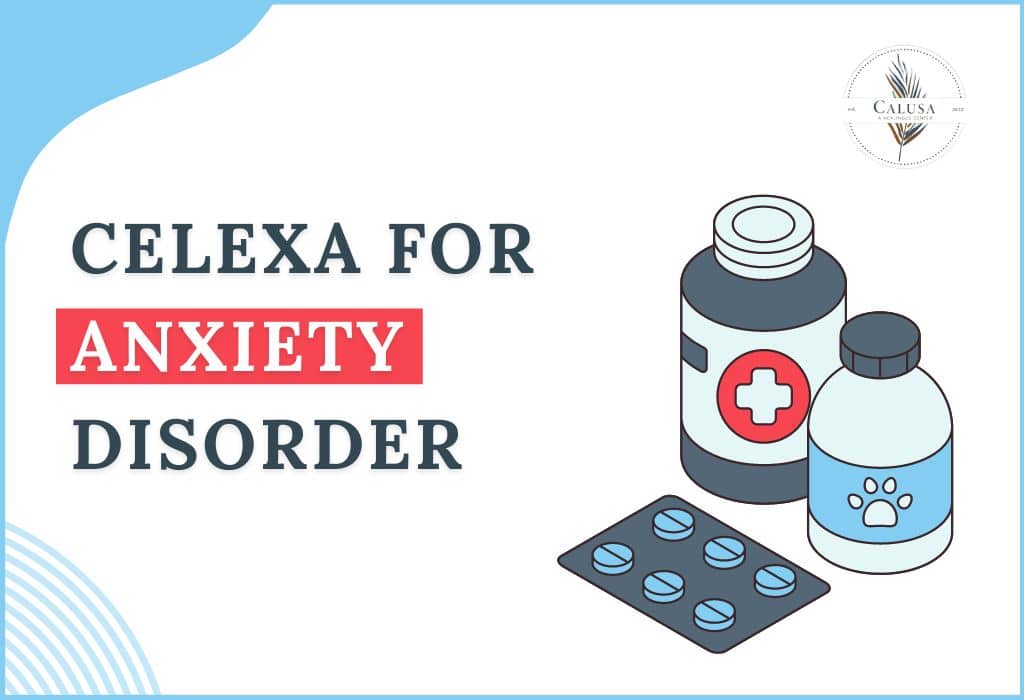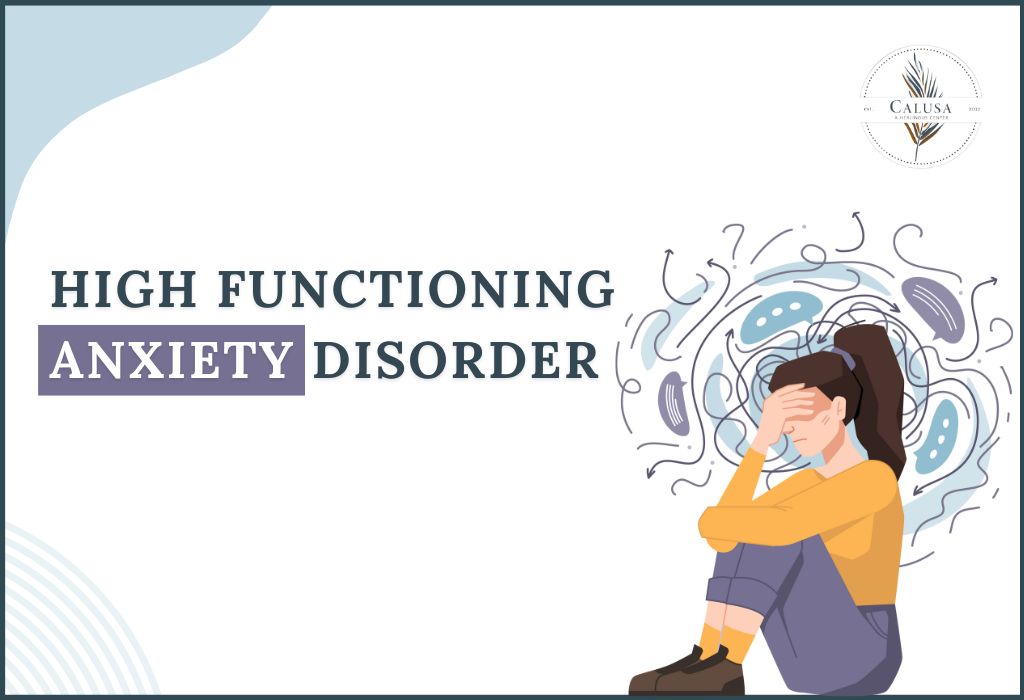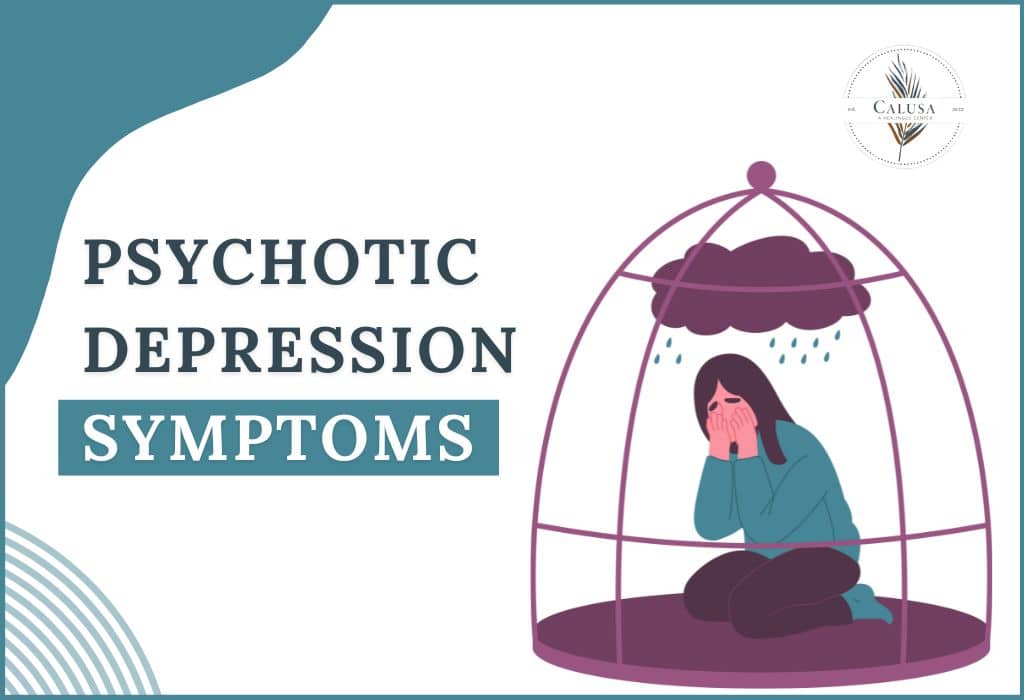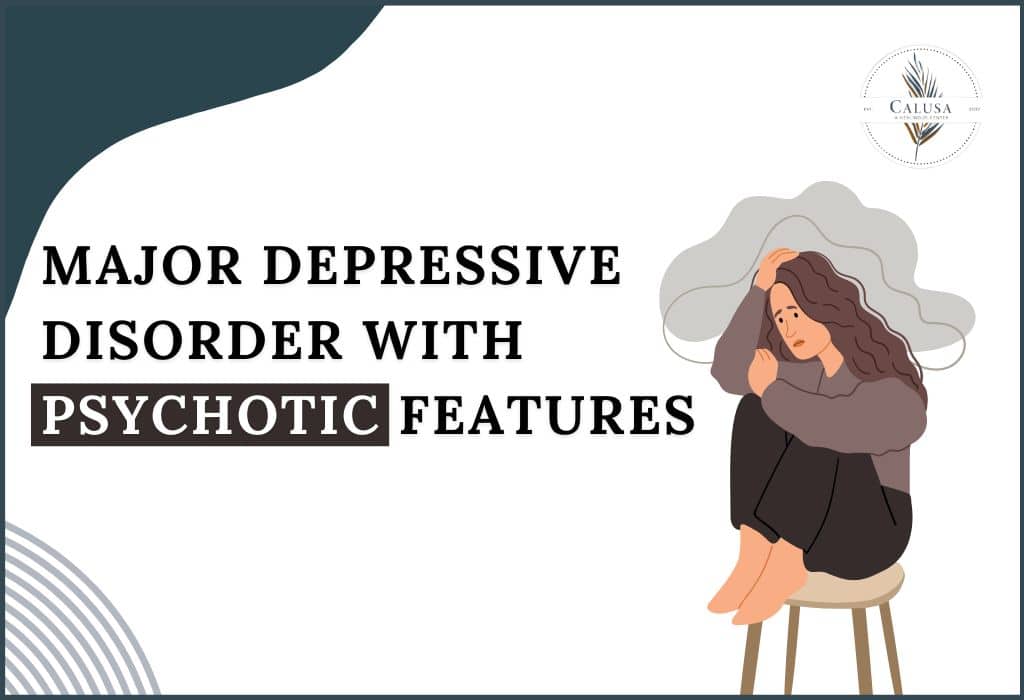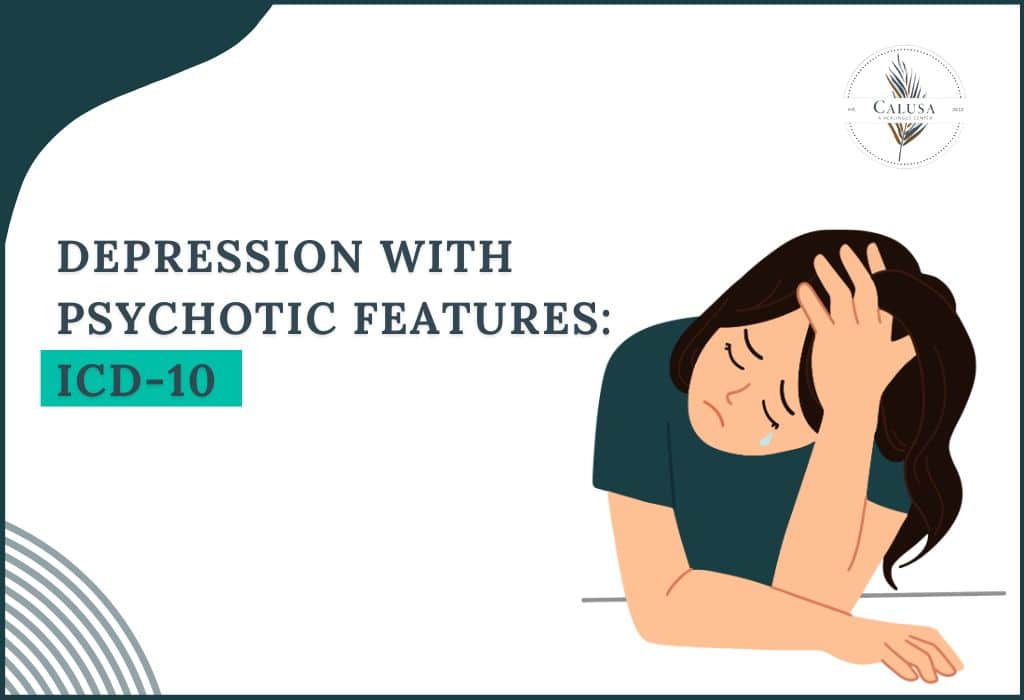The VA (Veterans Affairs) healthcare system plays a supporting role in supporting veterans’ mental well-being. Within this system, VA psych wards give crucial in-patient care for veterans experiencing severe mental health challenges.
If you’re a veteran yourself or have a valued one seeking help, understanding the usual length of stay at a VA psych ward can be a source of comfort and direction during a difficult time.
This blog post goes deep into the world of VA psych wards, clarifying their function and the factors affecting a patient’s visit duration.
We’ll explore the importance of understanding this timeframe for both veterans guiding this experience and their families seeking to offer support.
Admission Process
Before understanding the length of a stay at a VA psych ward, it’s essential to know how a veteran gets admitted.
Here’s a breakdown of the typical admission process:
Initial Assessment and Criteria for Admission
A veteran seeking help will undergo an initial assessment by a VA mental health professional. This evaluation aims to determine the severity of the mental health condition and whether admission to a psych ward is the most appropriate course of action.
Here are some general criteria for admission, though specifics might vary depending on the facility
- Presence of a diagnosed mental health condition: Includes depression, anxiety, bipolar disorder, PTSD, or psychosis.
- The severity of symptoms: Poses a risk or impairs daily functioning.
- Lack of safe alternative treatment: Inpatient stay is required if outpatient treatment needs to be improved.
Steps Involved in Getting Admitted
- Contact the VA: Contact the local VA medical center or crisis hotline.
- Initial Evaluation: Undergo a comprehensive assessment by a mental health professional.
- Admission Decision: Determination of the need for psych ward admission based on evaluation.
- Intake Process: Complete paperwork, provide information, and discuss stay expectations if admitted.
Types of Conditions Commonly Treated
VA psych wards provide in-patient care for a range of mental health conditions, including:
- Post-Traumatic Stress Disorder (PTSD): Common among veterans exposed to trauma.
- Depression: Persistent sadness and loss of interest.
- Anxiety Disorders: Excessive worry and panic attacks.
- Bipolar Disorder: Extreme mood swings between mania and depression.
- Schizophrenia and Psychosis: Hallucinations and delusions
- Substance Abuse Disorders: Co-occurring with mental health conditions, with support for detox and recovery.
It’s important to remember that admission criteria and treatment approaches may vary depending on the specific VA facility and the individual’s needs.
Treatment Offered
Once admitted to a VA psych ward, veterans receive a comprehensive treatment plan tailored to their specific needs. This plan typically incorporates a combination of the following approaches:
Medication
Psychiatrists may prescribe medication to manage symptoms of mental health conditions. This could include antidepressants, anti-anxiety medications, mood stabilizers, or antipsychotics.
Therapy
A variety of therapy modalities are often used to address the underlying causes of mental health challenges and develop coping mechanisms. Common forms of therapy include:
- Individual therapy: One-on-one sessions to explore thoughts and develop coping strategies.
- Group therapy: Sessions with other veterans for peer support and community.
- Family therapy: Involves family members to help them understand the condition and provide support.
Multidisciplinary Approach
The VA psych ward environment fosters a multidisciplinary approach to treatment, meaning a team of healthcare professionals collaborates to provide holistic care. Here’s a breakdown of some key team members:
- Psychiatrists: Diagnose and prescribe medication.
- Psychologists/Therapists: Provide individual, group, and family therapy.
- Social Workers: Connect veterans with support services and assist with community reintegration.
- Nurses: Offer daily care, monitor medication, and provide emotional support.
By combining medication, therapy, and a multidisciplinary approach, VA psych wards aim to equip veterans with the tools they need to manage their mental health conditions and build a fulfilling life after discharge.
Factors Affecting Stay Duration
Severity and Type of Mental Health Condition
- Conditions like schizophrenia or bipolar disorder with episodes of psychosis may require longer stays for stabilization.
- Milder cases of depression or anxiety might need shorter stays.
Patient’s Response to Treatment
- Rapid improvement with medication and therapy can lead to earlier discharge.
- Slow progress or treatment resistance might necessitate a longer stay to ensure the veteran is well-equipped to manage their condition outside the hospital.
Availability of Support Systems and Resources Outside the Hospital
- A strong support system, including family, friends, or stable housing, can influence discharge decisions positively.
- Lack of support or resources in the community might extend the stay to ensure the veteran has the necessary support system in place before transitioning back home.
Legal and Administrative Considerations
- Legal considerations, such as court-ordered mental health evaluations or involuntary commitments, can influence stay duration.
- Administrative processes like insurance verification or discharge planning paperwork can sometimes impact the timeframe.
Average Length of Stay
The length of time a veteran spends in a VA psych ward can vary significantly depending on individual circumstances, but general statistics can provide a helpful overview.
General Statistics
The average length of stay in a VA psych ward is typically around 7 to 14 days. This duration can be shorter or longer based on the veteran’s specific needs and treatment progress.
Comparison with Other Psychiatric Facilities
In comparison, the average length of stay in private psychiatric facilities can range from 5 to 10 days for acute care. Public psychiatric hospitals may have longer stays, often exceeding 14 days, due to more complex cases and varying discharge planning processes.
Types of Stays
Within these averages, there are two main categories of stays:
- Short-Term Stays: These typically last a few days to a few weeks, focusing on immediate stabilization and symptom management. Veterans experiencing acute episodes of anxiety, depression, or suicidal ideation might fall under this category.
- Long-Term Stays: Occurring in more complex cases, these stays can last for several weeks or even months. Veterans with severe mental health conditions requiring intensive treatment and rehabilitation, or those lacking adequate support systems outside the hospital, might benefit from longer stays.
Discharge and Aftercare
Leaving the psych ward is a significant milestone, but the journey continues with aftercare services.
Discharge Criteria
- Symptom control and treatment progress.
- Availability of a safe and supportive living environment.
Importance of Discharge Planning
- Ensures continuity of care with connections to outpatient therapy, support groups, and follow-up appointments.
Types of Aftercare Services
- Outpatient Therapy: Regular sessions to address ongoing mental health needs and develop coping strategies.
- Support Groups: Peer support from other veterans with similar experiences
. - Follow-Up Appointments: Regular check-ins with VA mental health professionals to monitor progress and adjust treatment plans.
Conclusion
VA psych wards provide comprehensive care through a multidisciplinary approach, combining medication, therapy, and support from a dedicated team of healthcare professionals. This holistic approach aims to stabilize veterans during acute mental health crises and equip them with the tools needed for long-term recovery.
Your mental health matters. Contact the Calusa for support and begin your journey towards a healthier, more fulfilling life.
FAQs
Que: What’s the longest a psych ward can hold you?
Ans: The length of time a psych ward can hold a patient varies based on the patient’s condition and legal guidelines. Typically, an involuntary commitment can last anywhere from 72 hours to several weeks, depending on the state laws and the patient’s treatment needs. Extended stays beyond the initial evaluation period often require court approval, especially if the patient poses a significant risk to themselves or others.
Que: What is the new VA Mental Health Act?
Ans: The new VA Mental Health Act, officially known as the Commander John Scott Hannon Veterans Mental Health Care Improvement Act of 2019, aims to improve mental health services for veterans. Key provisions include expanding telehealth services, increasing funding for suicide prevention programs, and establishing new mental health programs specifically for rural and underserved veterans. The Act also focuses on recruiting and retaining more mental health professionals within the VA system.
Que: Will the VA pay for outside mental health treatment?
Ans: Yes, the VA can cover outside mental health treatment under certain conditions. This is facilitated through the Veterans Community Care Program, which allows eligible veterans to receive care from community providers if the VA cannot provide the necessary care in a timely manner, or if the veteran lives too far from a VA facility. Eligibility criteria and specifics can be found by consulting the VA’s guidelines or speaking with a VA representative.
Que: Why is it hard for veterans to get mental health care?
Ans: Veterans often face challenges in accessing mental health care, including the stigma around seeking help, complex VA system navigation, and long wait times due to a shortage of mental health professionals. Additionally, those in rural areas may have limited access to facilities, and transitioning to civilian life can make it difficult for veterans to find and utilize available resources.

